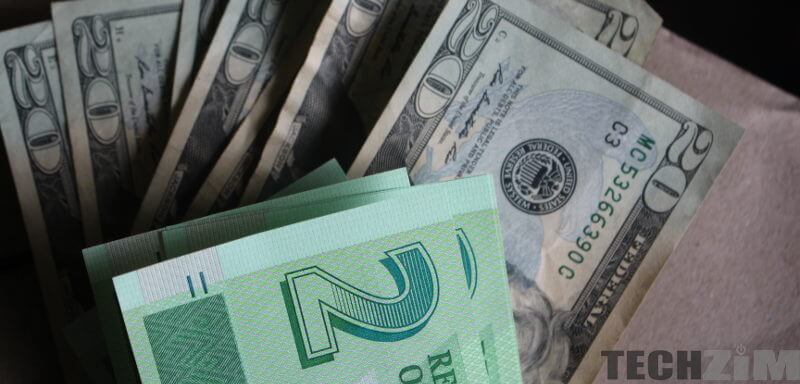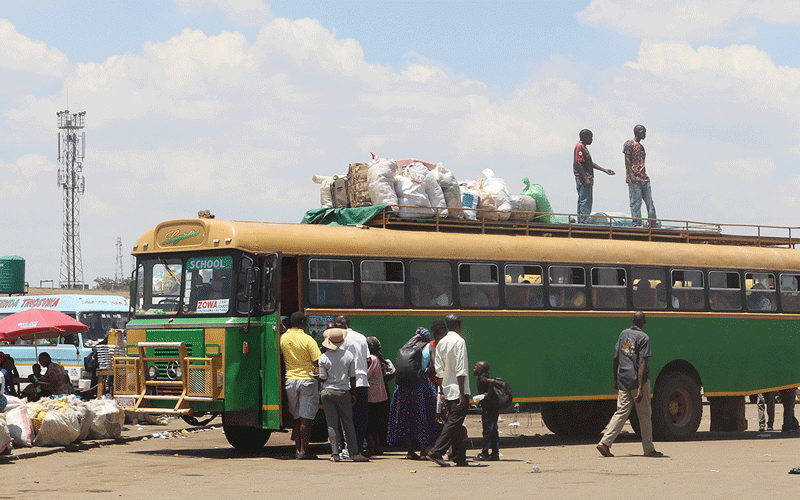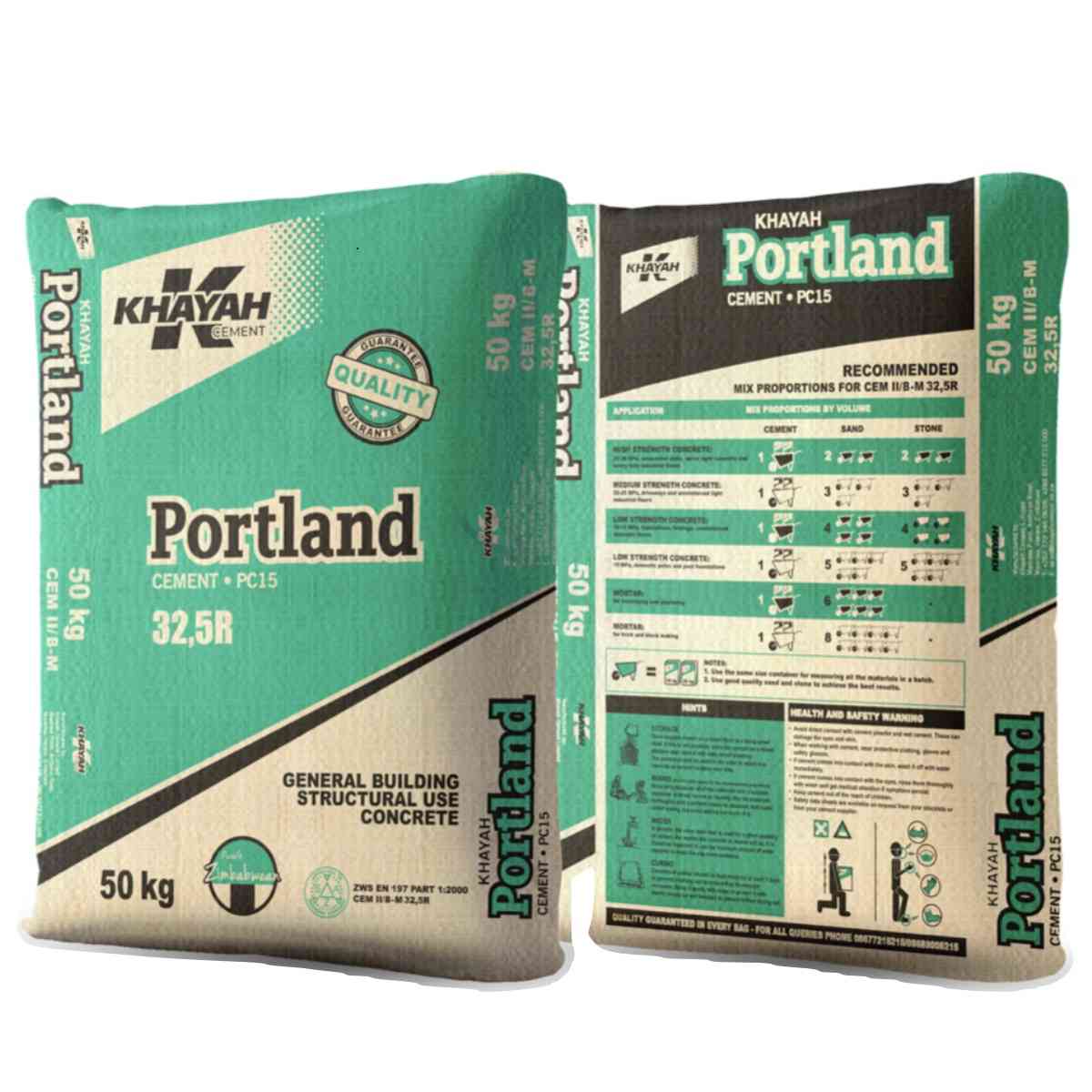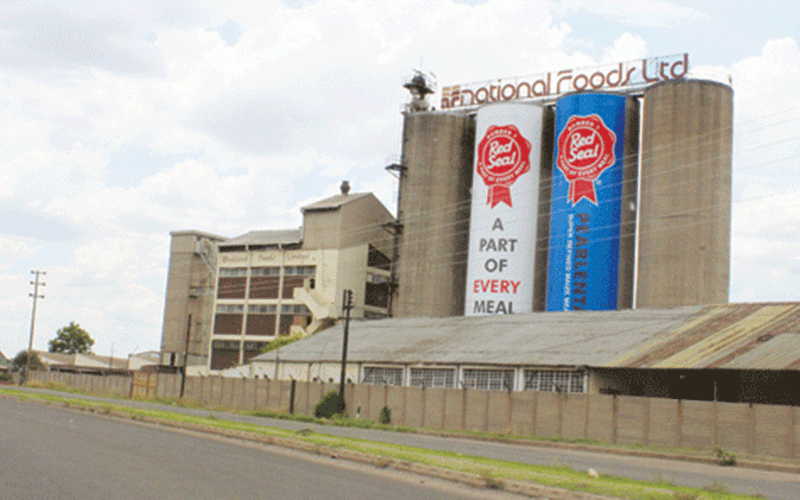
THE Zimbabwe dollar has devalued further to a new low of $105 against the greenback on the parallel foreign currency market as demand for the United States dollar intensifies.
BY TATIRA ZWINOIRA
With the Zimdollar continuing to depreciate, businesses are pegging prices of their goods and services against the parallel forex market rate instead of the official foreign currency rate of US$1:$57,35.
This is because the parallel forex market is widely accepted to be a true reflection of the foreign currency exchange rates.
The depreciation of the local unit has been worsened by the central bank reintroducing its foreign currency exchange auction last week, a failed measure that was first implemented in 2004, but ceased a year later under Reserve Bank of Zimbabwe (RBZ) former governor Gideon Gono.
“There is too much RTGS [Real Time Gross Settlement] from companies as they are chasing the US dollar, so there is high demand. This is why the rate is rising,” said one forex dealer in Harare’s central business district who spoke on condition of anonymity.
Government on Friday pressed the panic button and issued a blanket suspension of all mobile money transactions in a statement by Information secretary Ndavaningi Mangwana in a desperate move to tame parallel market forex activities.
The following day, RBZ governor John Mangudya, however, issued a statement which fell short of reversing the decision, saying the suspension would only affect mobile money agents and not the general public.
- Chamisa under fire over US$120K donation
- Mavhunga puts DeMbare into Chibuku quarterfinals
- Pension funds bet on Cabora Bassa oilfields
- Councils defy govt fire tender directive
Keep Reading
Economists said the RBZ intervention was meant to avoid grinding the economy to a halt as the majority of the country’s citizens now carry out most of their transactions on mobile money platforms.
But RBZ said activity on the Zimbabwe Stock Exchange (ZSE) remains suspended in an effort to control the Old Mutual Implied Rate (OMIR).
Government said the OMIR was being used to gauge the parallel forex market rates.
As a result of the currency volatility, the Zimbabwe Energy Regulatory Authority recently introduced United States dollar pricing for fuel at US$1,09 and US$1,28 per litre of diesel and petrol, respectively.
Prices of other basic commodities such as sugar and bread have also gone up significantly as producers and retailers chase the US dollar value.
“We warned the government a long time ago that this experiment of the Zimbabwe dollar was an evil and dangerous experiment that will cause serious hardships to everyone in the country and destroy the little that we are left with. It’s not surprising what we are witnessing and this is not going to go away anytime soon. We are crash landing into 2008,” Zimbabwe Congress of Trade Unions president Peter Mutasa told NewsDay Business at the weekend.
“Workers must earn in US dollars, the economy has dollarised. What you are seeing in price increases is a reflection of changes on the exchange rate, which simply means that prices of goods and services are now in US dollars. So citizens and workers have no other choice and option other than uniting so that the government hears their cry.”
He said as it stands now, the minimum monthly wage is $2 500, which is now worth US$18 at a time monthly rentals for two rooms cost between US$15 and US$20.
“You also look at domestic workers, the minimum wage is $900, which is almost US$6. So for working for 30 days, a domestic worker will only be able to buy a bucket of maize meal,” Mutasa said.
“There is no government that should be allowed to do that. So they work the whole month to earn just a bucket of maize meal and a 2kg packet of sugar, that is pathetic and this cannot go on.”
He revealed that during meetings with the government in February, it was agreed that average monthly wages would return to US$450, with minimum wages being half that amount, based on the August 2018 poverty datum line of US$597.
“Government then said it needed six months for them to stabilise the exchange rate so we gave them up to June. This is why we are now calling for action because it (the exchange rate) is even worse now,” Mutasa said.
He noted that there was also US dollar inflation caused by businesses pegging their prices higher than the prevailing parallel foreign currency rate in anticipation of currency movement.











